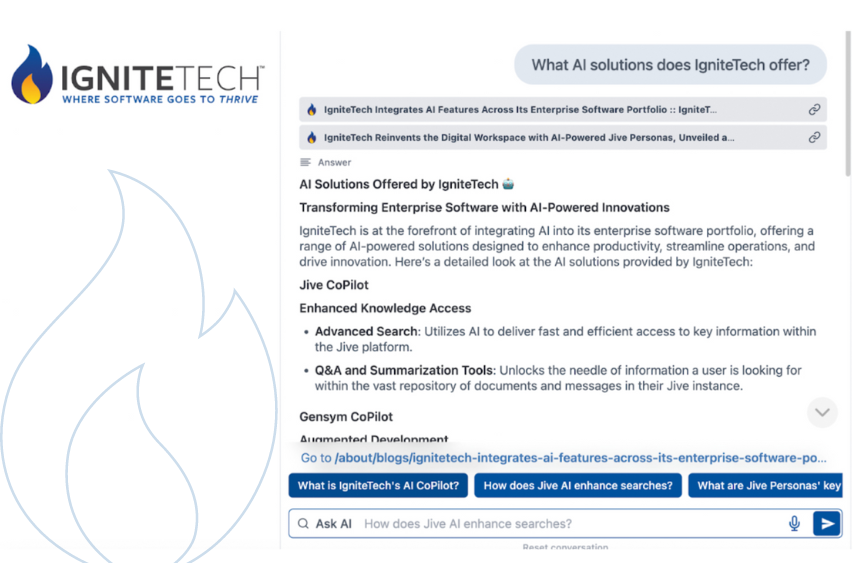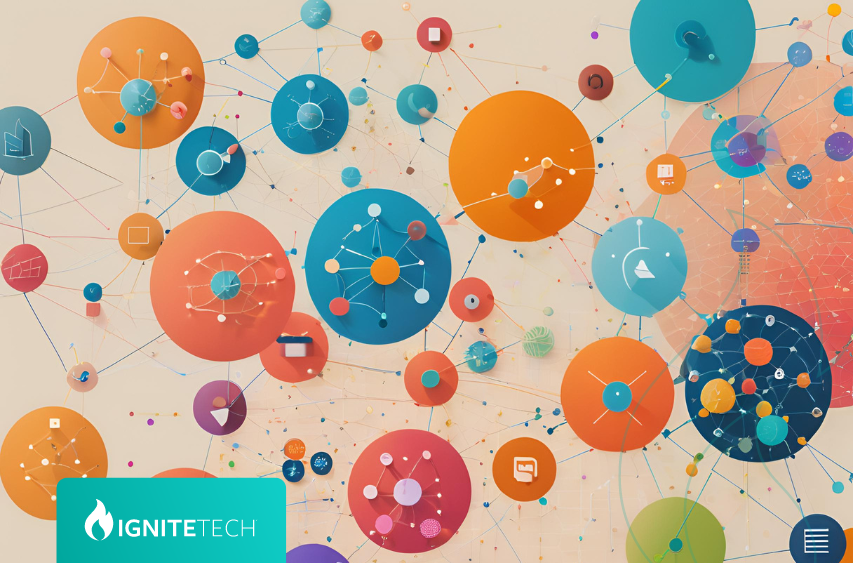Artificial Intelligence (AI) is poised to revolutionize industries and unlock unprecedented opportunities for growth. However, to fully capitalize on AI's potential, organizations must address a critical factor: trust. Building trust in AI is not just a hurdle to overcome but a strategic advantage that can accelerate innovation.
The hesitance to trust AI often stems from various factors, including the fear of the unknown, concerns about job displacement, ethical considerations, and the perceived complexity of these systems. To bridge this trust gap, organizations must proactively address these concerns, demonstrating that AI is designed to augment and support human capabilities rather than replace them entirely.
This article explores actionable steps to cultivate trust in AI, empowering businesses to embrace technology's future confidently.
Transparency: The Cornerstone of Trust
Transparency serves as the foundation for building trust in AI. Organizations must be open and forthcoming about their AI initiatives, clearly explaining how AI systems operate, the data they utilize, and the decision-making processes involved. By simplifying technical jargon and providing clear explanations, organizations can demystify AI and make it more accessible to all stakeholders. Additionally, sharing algorithms (when feasible) and implementing transparent data usage policies further enhance trust by addressing privacy concerns and ensuring accountability.
Ethical AI: Prioritizing Fairness and Accountability
Ethics play a crucial role in fostering trust in AI. Organizations must prioritize developing and deploying fair, unbiased, and accountable AI systems. This involves implementing robust bias mitigation strategies, continuously monitoring and refining algorithms to ensure fairness, and establishing clear accountability frameworks. By adhering to ethical guidelines and aligning AI practices with organizational values and societal norms, organizations can demonstrate their commitment to responsible AI adoption.
Education and Empowerment: Equipping the Workforce
To cultivate trust in AI, educating and empowering employees is essential. Organizations should invest in comprehensive training programs that provide employees with a solid understanding of AI, its benefits, and its limitations. Organizations can foster a culture of acceptance and shared purpose by upskilling the workforce and encouraging collaboration between AI experts and non-technical staff. Empowering employees to work alongside AI, leveraging its capabilities to enhance their roles, further strengthens trust and reduces apprehension.
At IgniteTech, we know that becoming an AI-first company means investing in our greatest asset: our people. That's why we've implemented groundbreaking initiatives designed to foster AI fluency across our entire workforce.
Trust in AI grows when its benefits are evident and tangible. Organizations should focus on implementing pilot projects that showcase AI's practical applications and positive impact. By sharing success stories and case studies from within the organization, stakeholders can witness the transformative potential of AI firsthand. Providing clear, measurable outcomes from AI projects further reinforces its value and effectiveness, building confidence in its adoption.
Embracing an Iterative Approach
Organizations should adopt an iterative approach to AI development, allowing continuous learning, refinement, and adaptation. By creating feedback loops that gather input from users and stakeholders, organizations can ensure that AI systems remain relevant, effective, and aligned with evolving needs. Embracing agility and adaptability in AI strategies fosters long-term trust and acceptance.
Building trust in AI is an ongoing commitment, not a one-time fix. It demands a multifaceted approach that prioritizes transparency, ethical considerations, continuous improvement, and empowering stakeholders through education. By actively addressing these critical areas, organizations can foster a culture where AI is embraced, trusted, and harnessed as a powerful tool to drive innovation, growth, and positive change.






